#EVTaxCredit
Report: Dealers Worried About Getting EV Refunds From the Government
Nobody likes bureaucratic red tape or waiting on payment and this seems to have become a sticking point for retailers nervously waiting to see how the United States’ updated EV tax credit scheme plays out.
According to a report from Automotive News, dealers are getting worked up about the prospect of not receiving money swiftly enough — mimicking some of the hardships endured during the Cash-for-Clunkers period.
New IRS Guidance Opens the Door to Tax Credits for Leased EVs That Bypass Final Assembly Rules
Tax credits for electric vehicles have never been the easiest to understand, and the changes recently made with the Inflation Reduction Act have caused even more confusion. The legislation rebooted the federal EV tax credit, bringing new requirements on final vehicle assembly and raw materials sourcing. Though at first, it appeared the new rules would exclude EVs from some of the country’s most popular automakers, the IRS released more guidance that seems to leave a small loophole open for hopeful buyers seeking a credit.
U.S. Treasury Stalls EV Tax Credit Guidance
On Monday, the United States Treasury Department said it will issue proposed guidance for the updated EV tax credit scheme in March of 2023. However, the Inflation Reduction Act (H.R. 5376) directed the department to finalize its recommendations before 2022 was over by setting a December 31st deadline. While it sounds like bad news for automakers, the delay may actually work to their advantage by delaying new mineral and battery component requirements that may have made vehicles using foreign-sourced batteries ineligible.
Gas War: Automakers Continue Begging Government for EV Incentives
On Monday, General Motors, Ford, Stellantis, and Toyota Motor North America reportedly asked the United States Congress to lift the existing cap on the $7,500 federal tax credit for electric vehicles. Though automakers petitioning the government for free money is hardly new business.
U.S. EPA Readies Strictest Vehicle Emission Requirements Ever
We’ve got good news for people who want fewer choices in the type of cars they’ll be able to purchase in the future.
The U.S. Environmental Protection Agency (EPA) has finalized strict new vehicle emissions requirements through 2026 that would reverse the current standards set by the agency under former President Donald Trump. The Trump administration rolled back some of the long-term environmental policies implemented under the Obama administration. However, the Biden administration has said its biggest focus will be on addressing climate issues by dissolving those policies restoring the targets established when Barack Obama was still in the White House. The agency released some proposals in August outlining the general path it would be taking. But the details dropped by EPA Administrator Michael Regan on Monday vastly exceed those Obama metrics serving as a benchmark.
Unfair? Toyota Launches Ad Campaign Opposing EV Tax Credit Scheme
Toyota Motor North America has already voiced its opposition to the proposed EV tax credit scheme tied to the the Democrats’ latest spending bill. This week, it has decided to expand its message by purchasing advertisements in national publications.
Starting Tuesday, Toyota will be launching an ad campaign intended to help bring Americans toward its side of the fence. While the automaker isn’t intrinsically offended by the government-backed incentivizing of electric vehicles, it has taken umbrage with the Biden administration’s insistence that consumers be issued an additional $4,500 incentive for purchasing union-made products. Though the reasoning should be obvious, since the company doesn’t have any unionized facilities in the U.S., the automaker is seeing growing support as the related legislation is stalled on Capitol Hill.
Correct: Honda Says Senate Tying EV Subsidies to Unions Discriminatory
Despite regulatory efforts often being praised as essential for elevating standards and promoting safety, they’re also an excellent way to funnel money and favors between political and corporate entities in plain sight. This dichotomy is particularly glaring in regard to environmental restrictions, which frequently favor businesses that are wealthy enough to afford to adhere to them and subsidies that effectively reroute tax funding to support various industries.
Considering this, it’s fairly rare to see bigger businesses griping about government assistance. But that’s exactly what Honda is doing with a proposal in Congress seeking to provide additional EV subsidies to consumers that buy vehicles manufactured by union-backed plants. The manufacturer has stated it believes the Clean Energy for America Act is discriminatory by favoring specific automakers and will ultimately restrict the choices available to consumers – which is true.
Senate Finance Committee Approves $12,500 EV Tax Credit Bill
On Wednesday, the Senate Finance Committee advanced the Clean Energy for America Act making a few tweaks from earlier proposals. Changes include raising the federal EV tax rebate ceiling to $12,500 and opening the door for automakers who already exhausted their production quotas.
It’s good news for General Motors, which recently begged the government for just such a handout. But any manufacturer participating in the sale of electric vehicles will find themselves similarly blessed by the updated rules — assuming they make it through the halls of Capitol Hill with the necessary support.
Let’s take a peek behind the curtain to see what the updated proposal entails.
Texas Considers Taxing Electric Vehicles
Texas lawmakers have presented Senate Bill 1728 as a way to nail electric vehicles for circumventing fuel taxes, sending everyone into a tizzy. Electrification has become about more than simply developing new powertrains under the auspices of environmentalism and it’s observable in this week’s headlines. But let’s discuss what SB 1728 hopes to achieve so that you might make up your own mind without this author’s forthcoming influence.
If passed, the bill would raise fees on EVs as a way to make up for the gas tax they’re not paying. The proposed legislation stipulates an annual fee of between $190 and $240, an additional fee of at least $150 for anyone who drives their car more than 9,000 miles a year, and then 10 bucks per year for the local charging advisory council. The rules would come into effect this September and raise an estimated $37.8 million for the State Highway Fund in 2022. While we cannot say whether that money will be used responsibly, the pretense is that the funds will be used to “[equalize funding for] road use consumption for alternatively fueled vehicles.”
Biden Planning to Pour $100 Billion Worth Of Rebates Onto EVs
The Biden administration expanded on its $174 billion proposal to boost electric vehicle sales on Thursday, suggesting that the United States government make it rain money on those purchasing EVs.
Technically a part of the $2.3 trillion infrastructure plan, which has been expanded to include jobs and numerous environmental projects, the proposal makes a lot of special exemptions for alternative energy vehicles backed by large financial commitments. $100 billion will be set aside for new consumer rebates, potentially opening up the door for manufacturers that have already exhausted their quota of federal tax credits linked to zero-emission cars.
Gaming the System? Treasury Department Complains of Unworthy EV Credit Recipients
Tax credits are a great way to stimulate purchases or participation, and in the politician’s mind, they often take precedence over affordability measures that would benefit broader swathes of society. That being said, they’re here to say… unless you’re referring to the slowly vanishing federal EV tax credit.
Automakers like Tesla and General Motors are already watching their $7,500 credits halve, then halve again, after surpassing the 200,000-vehicle threshold that starts the countdown to a credit phase-out. Now, the Treasury Department is claiming some recipients of the eco stimulus shouldn’t have received it in the first place.
Bipartisan Bill Hopes to Triple Number of EV Tax Credits
With many concerned that the public’s modest adoption of electric vehicles could backslide without a federal tax incentive, U.S. lawmakers introduced legislation on Wednesday to expand the EV tax credit by 400,000 vehicles per manufacturer.
This would help companies that have already exhausted their quota, like Tesla and General Motors, but even automakers that are nowhere near their current allowance would have something to gain — a wider window in which to sell alternative-energy vehicles with governmental help.
Called the “Driving America Forward Act,” the legislation would grant automakers a $7,000 tax credit for an additional 400,000 vehicles and shorten the depletion/phase-out schedule to nine months. However, the existing deal of 200,000 vehicles per automaker eligible for $7,500 tax credit would also remain intact, resulting in a pretty big allowance for government incentives.
With Tax Credit Cut Looming, GM Promises New Incentives for the Chevrolet Bolt
General Motors’ sole electric vehicle, the cheerful Chevrolet Bolt, will see its MSRP stand firm in the face of an EV tax credit that drops by half come April 1st, the automaker claims.
In the fourth quarter of last year, GM sailed past the volume barrier that triggers a wind-down of the federal credit, meaning Bolt buyers will see less of an incentive to get behind the wheel. The $7,500 credit falls to $3,750 next week, before halving again in six months time. Knowing that EV buyers still need a push, GM plans to make the Bolt more attractive to green penny pinchers.
Late Delivery? Tesla Says It'll Cover Your Tax Credit Shortfall
Having rung the bell on 200,000 electric vehicle deliveries in the U.S., Tesla will enter 2019 without the ability to offer a full $7,500 federal tax credit to would-be buyers. While not nearly as attractive an incentive as the same amount applied to a lower-priced EV, it’s still free public dollars. And it’s better than $3,750.
Twice this past fall, Tesla CEO Elon Musk warned customers they’d need to order by a certain date in order to ensure a delivery date prior to January 1st. After receiving a holiday earful from dutiful customers now facing late deliveries, Musk put on the Santa suit.
White House Wants to End EV Subsidies ASAP
White House economic adviser Larry Kudlow announced Monday that the Trump administration is seeking an end to federal subsidies on electric cars. Interestingly, the move appears to be related to General Motors’ plant closings and layoffs. The company’s restructuring plan hasn’t gone over well with policy makers or the American public, with many accusing the automaker of abusing years of tax breaks, only to reduce its workforce as a way of pursuing new technologies, businesses, and further bolstering its profit margins.
However, cutting GM out of the electric vehicle subsidies deal is more likely to impact its rivals than anything else. The company said it’s on the cusp of the EV tax credit ceiling already, with the gradual phase-out of those incentives likely to take place through 2019. Yet Kudlow pointed to the elimination of the credits as one way of punishing GM for eliminating so many jobs, echoing President Donald Trump’s threats from last last week.
“As a matter of our policy, we want to end all of those subsidies,” Kudlow explained. “And by the way, other subsidies that were imposed during the Obama administration, we are ending, whether it’s for renewables and so forth.”





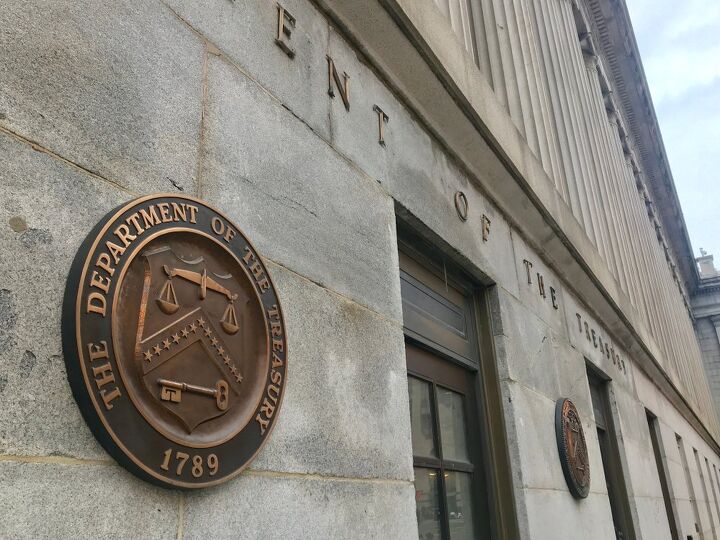


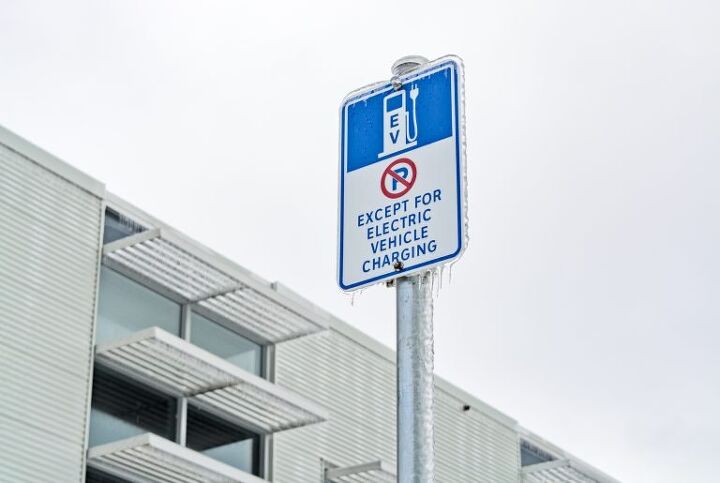
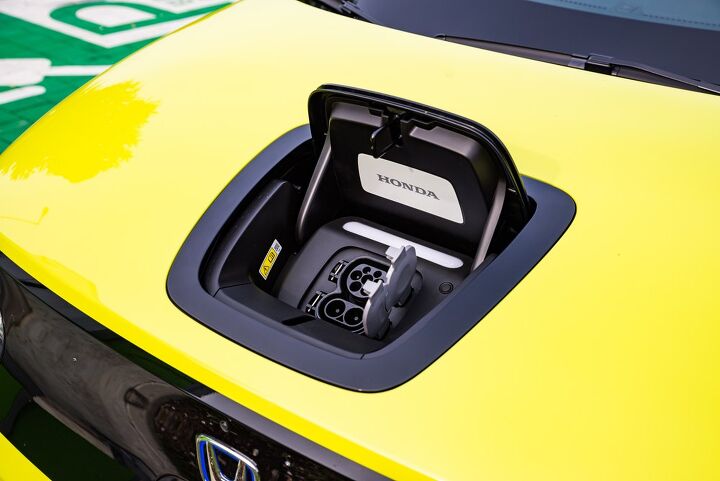





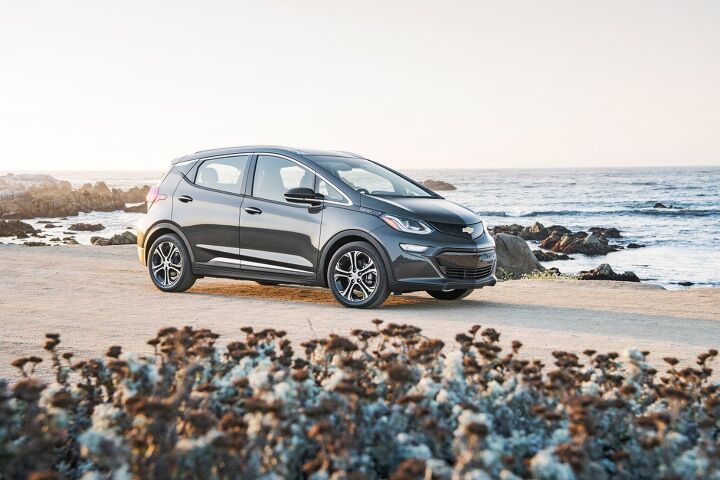
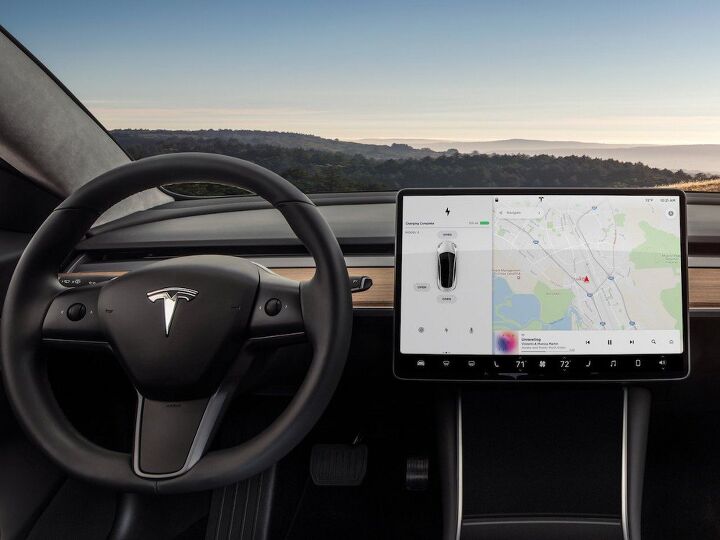













Recent Comments